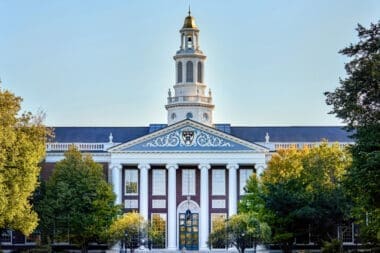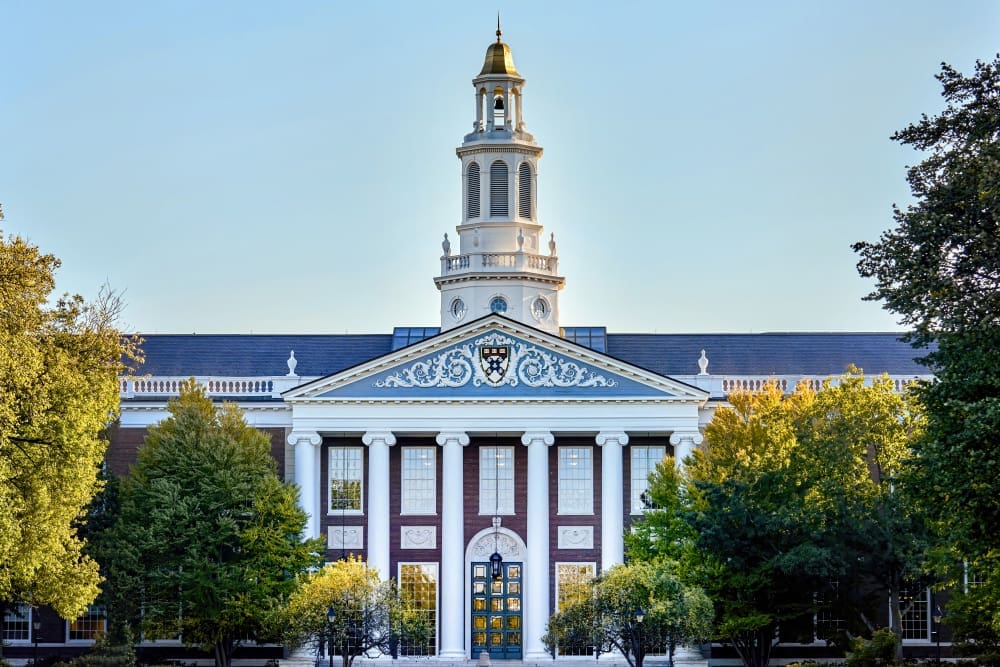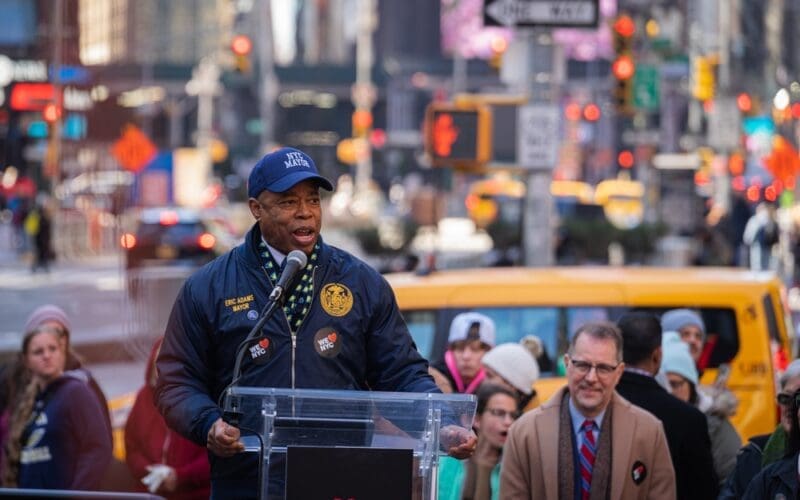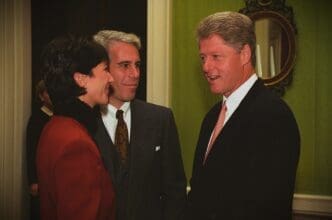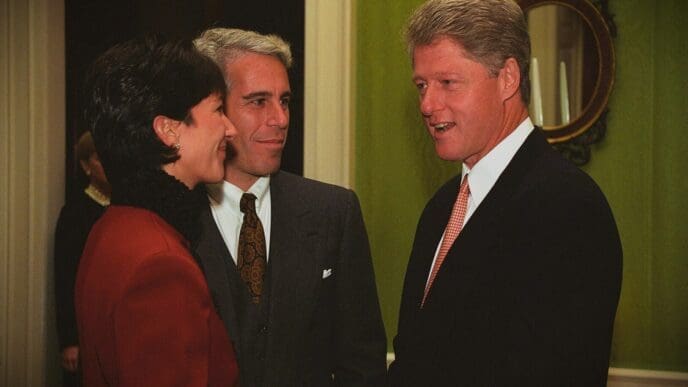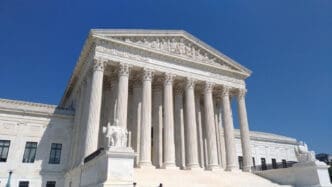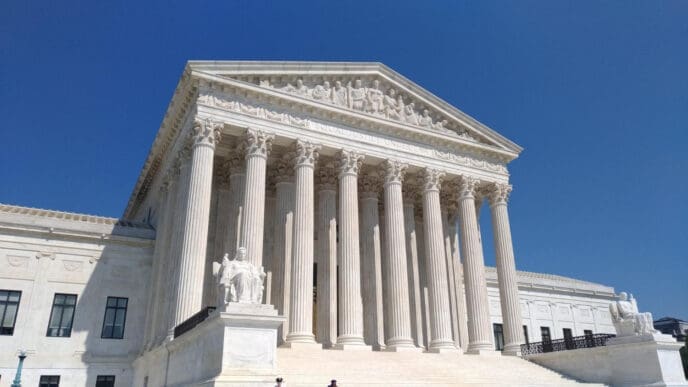Executive Summary
The Story So Far
Why This Matters
Who Thinks What?
A federal judge has delivered a significant victory to Harvard University, ordering the Trump administration to restore more than $2 billion in federal research funding that had been frozen. U.S. District Judge Allison Burroughs rejected the administration’s argument that the funding freeze targeted the university due to antisemitism on campus, a decision that could have broad implications for academic institutions.
Judge Burroughs, an appointee of President Barack Obama, stated in her ruling that the administrative record indicated the defendants used antisemitism as a “smokescreen for a targeted, ideologically-motivated assault on this country’s premier universities.” She further noted that these actions jeopardized decades of research and reflected a disregard for constitutional and federal statutory rights.
Judicial Findings and Impact
The ruling marks a major win for Harvard, which was the only university targeted by the Trump administration to directly challenge the White House in court. The administration had asserted it was combating antisemitism on campuses, but the case at Harvard became a focal point in a larger debate concerning academic freedom, federal spending, and university oversight.
Judge Burroughs highlighted several research projects impacted by the administration’s cuts, including efforts to develop a predictive model for emergency room physicians assisting suicidal veterans, research into Lou Gehrig’s Disease, and the creation of a chip to measure NASA astronauts’ radiation exposure. She found “no obvious link between the affected projects and antisemitism.”
The judge also criticized the lack of investigation into whether specific research labs were engaged in antisemitic behavior or if the funding freezes would harm the very people the administration claimed to protect. Her opinion further took aim at several social media posts by President Trump, stating his concerns about Harvard were “untethered from antisemitism.”
Administration’s Response and Future Outlook
Despite the judicial setback, the Trump administration has indicated its intent to appeal the decision. White House spokesperson Liz Huston stated, “This activist Obama-appointed judge was always going to rule in Harvard’s favor, regardless of the facts,” adding that Harvard University had “failed to protect their students from harassment and allowed discrimination to plague their campus for years.”
In her ruling, Judge Burroughs nullified a “Freeze Order” issued by the administration in April, which would have withheld over $2 billion in multi-year grants. She also prohibited the government from withholding any additional federal funds from Harvard in retaliation for its exercise of First Amendment rights or on purported discrimination grounds without adhering to Title VI provisions.
While affirming the importance of combating antisemitism, Judge Burroughs concluded that the record did not support this as the administration’s true aim in acting against Harvard. She emphasized that combating antisemitism “cannot be accomplished on the back of the First Amendment,” though she acknowledged Harvard “was wrong to tolerate hateful behavior for as long as it did.”
This ruling provides Harvard with an immediate legal victory, but the Trump administration’s planned appeal suggests the broader dispute over federal funding, academic freedom, and campus oversight is likely to continue in the courts.

